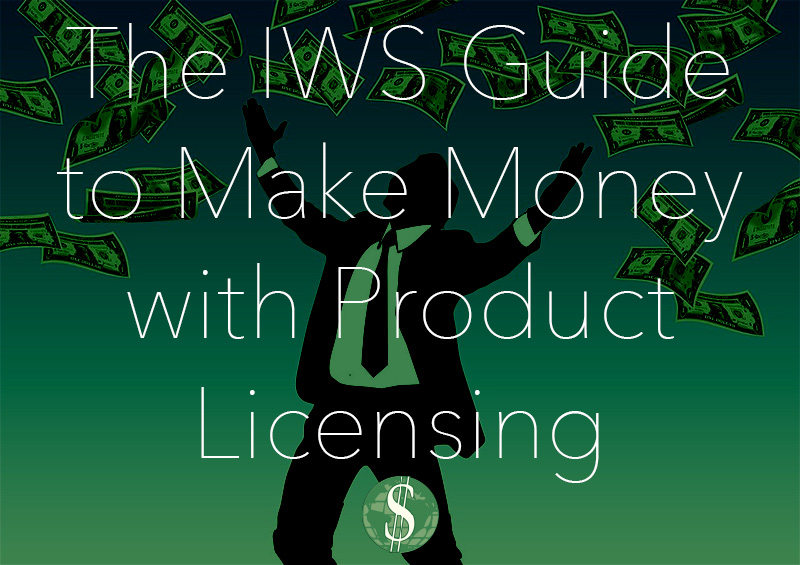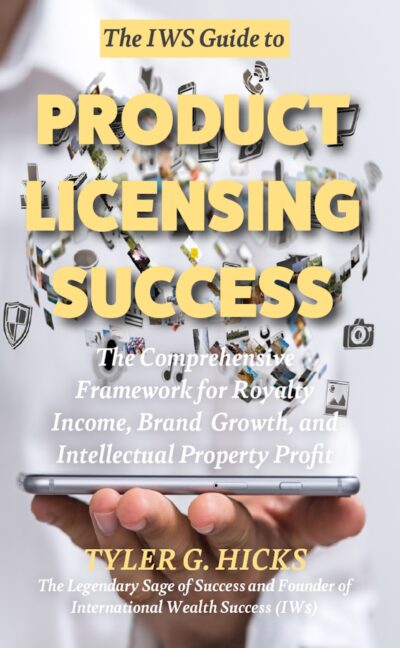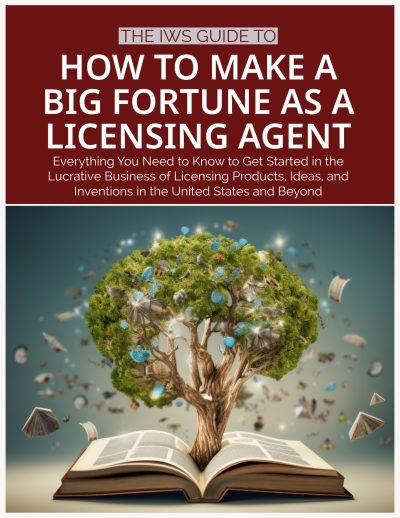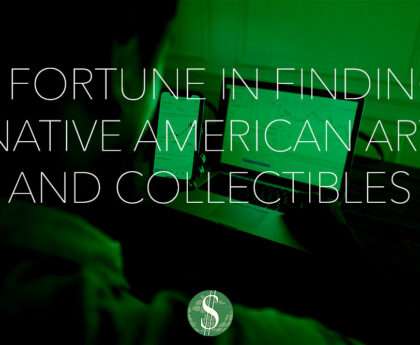Making money with product licensing is one of the most exciting and profitable ventures in the world of business. It allows you to leverage ideas, products, or intellectual property (IP) without manufacturing, warehousing, or selling goods yourself. Instead, you profit by licensing your ideas—or someone else’s—to companies eager to pay for them.
This article will show you how product licensing works, provide clear steps to get started, and share inspiring stories of people who turned simple ideas into ongoing income streams. Whether you’re a creative inventor or a savvy entrepreneur, there’s room in licensing for you to profit.
What Is Product Licensing?
At its core, licensing is about renting your intellectual property to someone else. As the licensor, you own the rights to an idea, invention, or brand. You lease these rights to a licensee—a company or individual—who agrees to pay you royalties (a percentage of their sales) in exchange for using your IP.
Here’s what makes licensing such a powerful wealth-building tool:
- No manufacturing hassles. You let someone else take care of production and distribution.
- Low upfront costs. Licensing often requires less capital than starting a traditional business.
- Passive income. Once your deal is in place, royalties can flow in for years.
Success Story #1: The Paperclip Revolution
One of the most famous examples of product licensing involves a man named George W. McGill, who patented an early version of the modern paperclip in 1867. Instead of manufacturing paperclips himself, McGill licensed his invention to multiple manufacturers, earning a steady stream of royalties.
This approach allowed McGill to focus on innovation rather than production headaches. Over time, his licensing strategy made him a small fortune, proving that even the simplest ideas can yield significant income.
Finding Licensing Opportunities
If you don’t have an invention or IP of your own, don’t worry—you can make money as a licensing agent, connecting inventors and companies for a share of the royalties. Here’s how you can start:
- Spot promising ideas. Look for inventors or small businesses with great products but no connections to big markets.
- Approach companies. Identify firms that could benefit from the idea and pitch it to them.
- Negotiate deals. Your role is to help structure agreements that work for everyone involved.
Example: The Licensing Agent Who Cashed In on Dolls
Years ago, a sharp entrepreneur named Susan noticed a local artisan selling handmade rag dolls at a flea market. The dolls were charming, but the artisan didn’t have the resources to produce them on a large scale.
Susan struck a deal with the artisan to represent the dolls and approached a major toy company with the concept. The company loved the dolls, licensed the design, and turned them into a nationwide hit. For her efforts, Susan earned a generous licensing agent’s commission on every doll sold—a deal that paid her six figures over three years.
IWS-224 : The IWS Guide to Product Licensing Success
The Comprehensive Framework for Royalty Income, Brand Growth, and Intellectual Property Profit Yes, You Can Turn Intellectual Property Into Income, Influence, and Expansion! The world’s biggest brands—Batman, Barbie, Hello Kitty, Peanuts—didn’t reach global fame by producing everything themselves. They licensed their intellectual property to partners who created thousands of products, earned billions in royalties, and extended their reach into every corner of the market. You can do the same. And IW$ and this book will show you exactly how . . .
How to License Your Ideas
If you have a unique product idea, follow these steps to license it successfully:
1. Protect Your Idea
Before pitching your idea, protect it with a patent, trademark, or copyright. This ensures that no one can steal or copy your creation.
- Patents protect inventions.
- Trademarks protect brand names, logos, or slogans.
- Copyrights protect artistic and literary works.
2. Create a Prototype
Develop a working prototype or a clear visual representation of your idea. Companies are more likely to license something they can see and understand.
3. Identify Potential Licensees
Research companies that operate in your product’s market. Use trade shows, industry publications, and online directories to build a list of prospects.
4. Make Your Pitch
Prepare a short, professional presentation that highlights the benefits of your idea. Focus on how it solves a problem or meets a need for the licensee’s customers.
5. Negotiate the Deal
When negotiating, focus on:
- Royalty rates. Typically 3% to 7% of net sales, but can be higher for innovative or patented products.
- Exclusivity. Decide whether to grant exclusive rights or license to multiple companies.
- Term length. Define how long the agreement will last.
Success Story #2: From Napkin Sketch to National Phenomenon
Consider the story of Alex, a young designer who doodled a creative coffee mug design at a café. The mug featured a built-in compartment to hold tea bags or sugar packets.
Encouraged by friends, Alex patented the design and approached a popular home goods company. The company loved the idea and agreed to license it. Today, Alex earns royalties from every sale—proof that even a sketch on a napkin can turn into a lucrative business.
Becoming a Licensing Agent
As a licensing agent, your job is to connect inventors with companies. This requires strong networking skills and the ability to recognize marketable ideas. Here’s how to excel:
- Build your network. Attend trade shows, join industry groups, and connect with inventors.
- Understand contracts. Learn the basics of licensing agreements to negotiate effectively.
- Market yourself. Position yourself as an expert who can help inventors and companies profit.
IWS-34 : The IWS Guide to How to Make a Big Fortune as a Licensing Agent
The IWS Guide to How to Make a Big Fortune as a Licensing Agent will show you how to earn big fees bringing together one company wanting to license its industrial or entertainment products and another seeking to use these products. This invaluable tome is replete with examples of typical products licensed, agreements covering the licenses, plus where to find suitable items to license, and much more.
Example: The Man Who Made Millions on Board Games
Tom, a licensing agent, specialized in the toy and game industry. One day, he discovered a small-time inventor with a brilliant board game concept. Tom pitched the game to a global toy company, which licensed it immediately.
The game became a bestseller, and Tom earned a percentage of the royalties. Over five years, this single deal brought him over $500,000.
The Golden Rule of Licensing
Always look for win-win opportunities. Licensing deals should benefit both the licensor (idea owner) and the licensee (company using the idea). The best deals are those where everyone profits.
Getting Started
Here’s your action plan to dive into product licensing:
- Study the industry. Read books, attend seminars, and learn from successful licensors and agents.
- Develop your skills. Practice pitching ideas and negotiating deals.
- Start small. Look for local inventors or small businesses with untapped potential.
- Be persistent. Licensing is a numbers game—the more companies you approach, the higher your chances of success.
Final Thoughts
Making money with product licensing is not just for big corporations or inventors with fancy labs. It’s a field where creativity, resourcefulness, and persistence can lead to life-changing wealth.
Take inspiration from the stories you’ve read here—people like George McGill, Susan, Alex, and Tom started small but turned their ideas into steady income. You can do it, too.
The key is to take action today. Whether you license your own idea or act as a licensing agent, the opportunities are limitless. Remember, as Tyler G. Hicks always says: “If you can dream it, you can do it!”
S-8 : The IWS Report on Big and Easy Money-Making Ideas for Finders, Beginning Wealth Builders, and Licensing Agents
Many starting finders don’t know that they can make more money if they arrange their deals to get the most from them. To help you get more from your finder deals, here are a few tips which can put big bucks in your pockets soon!








